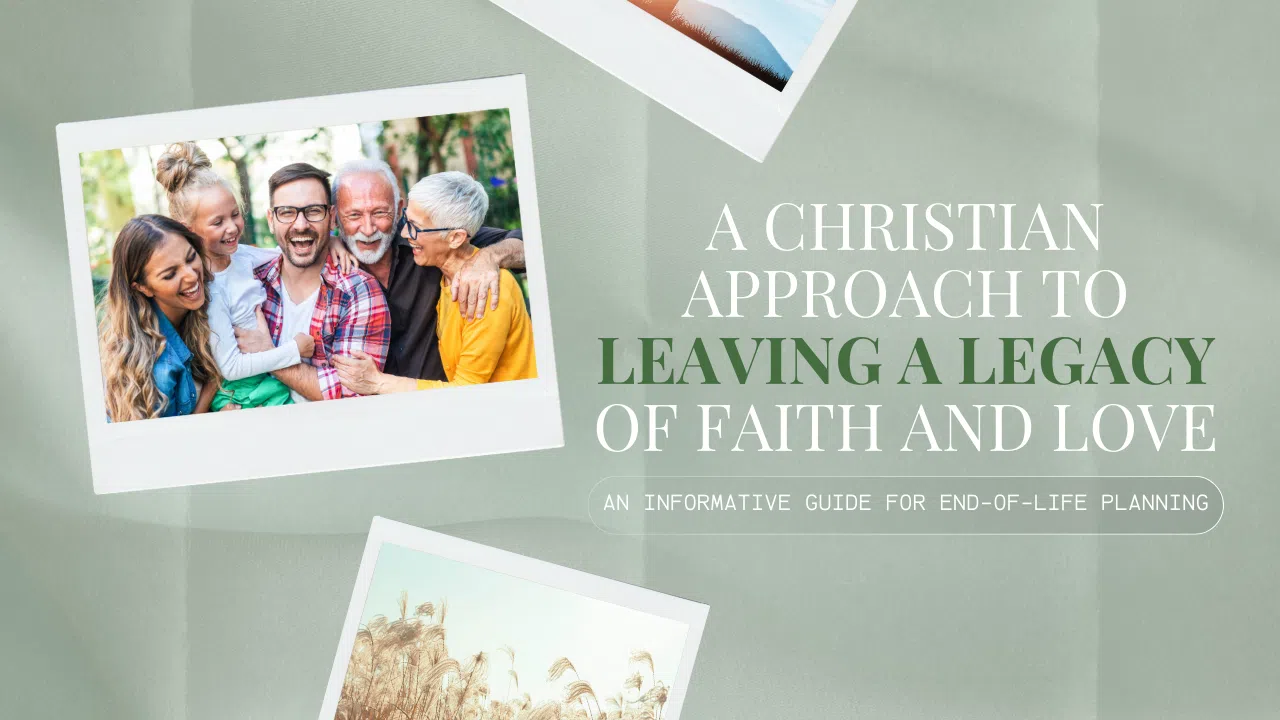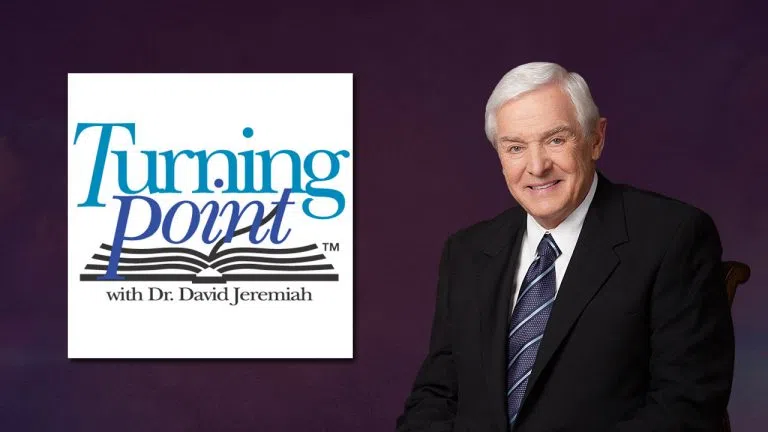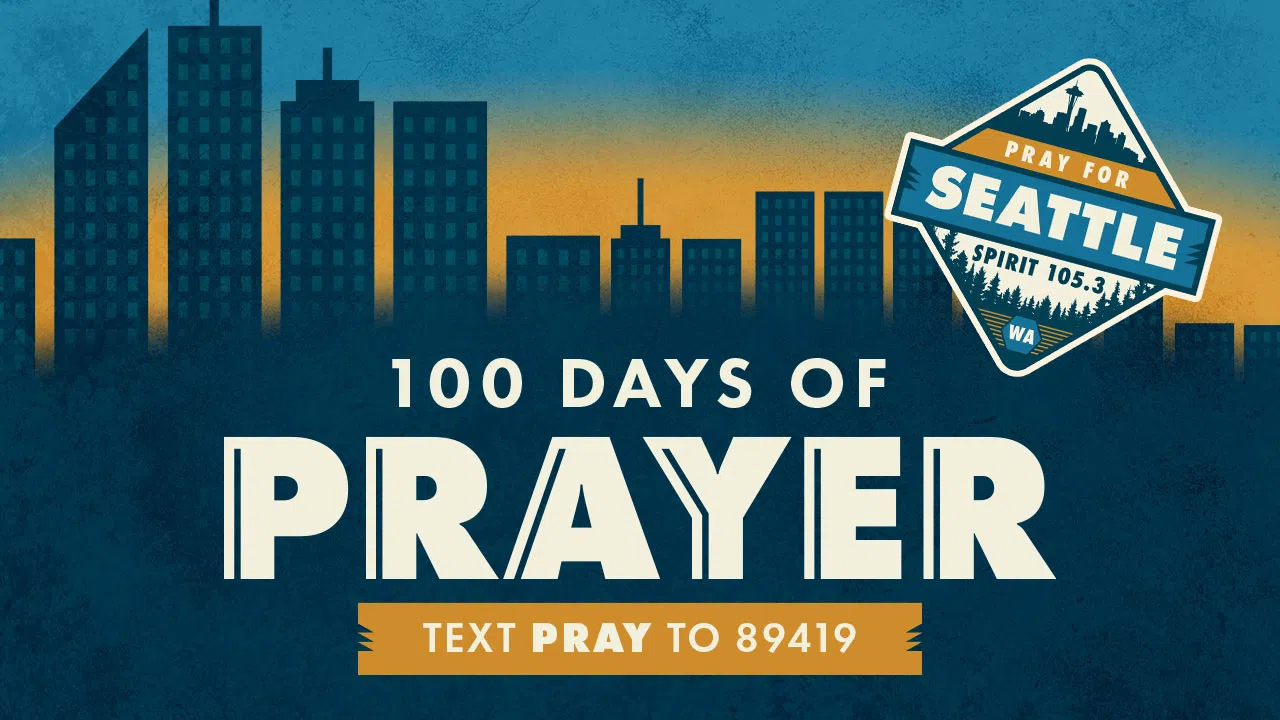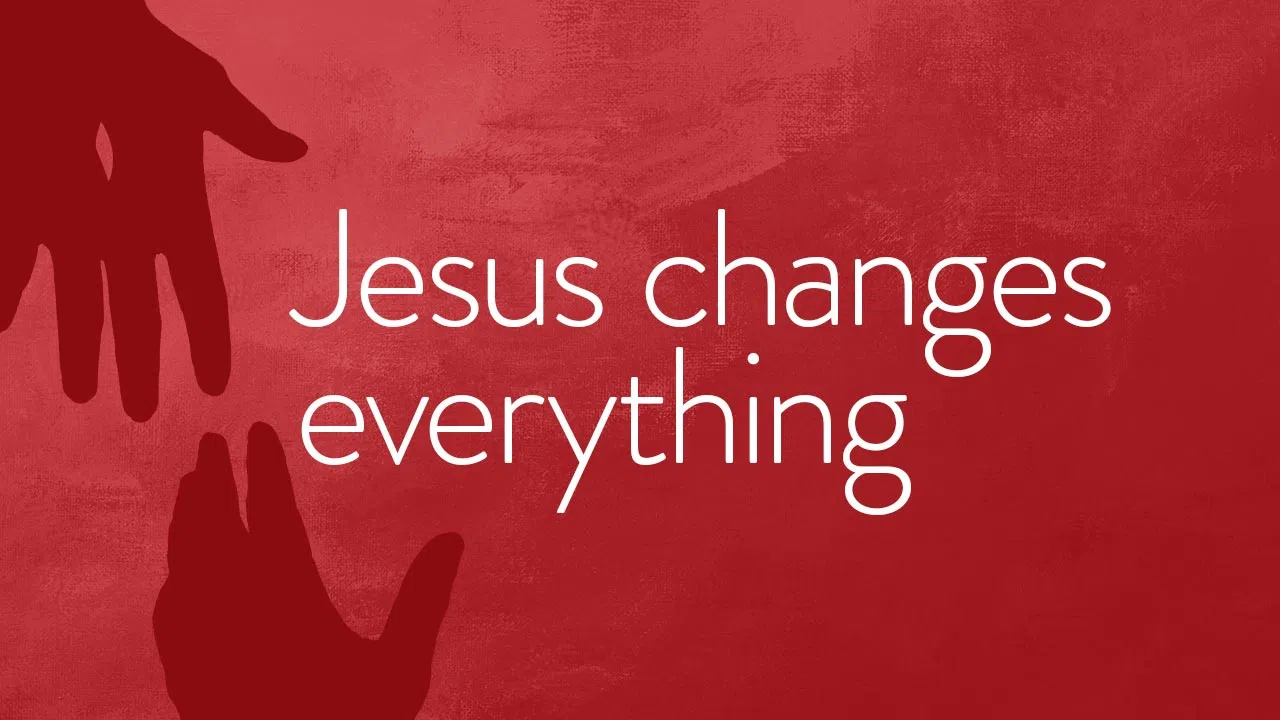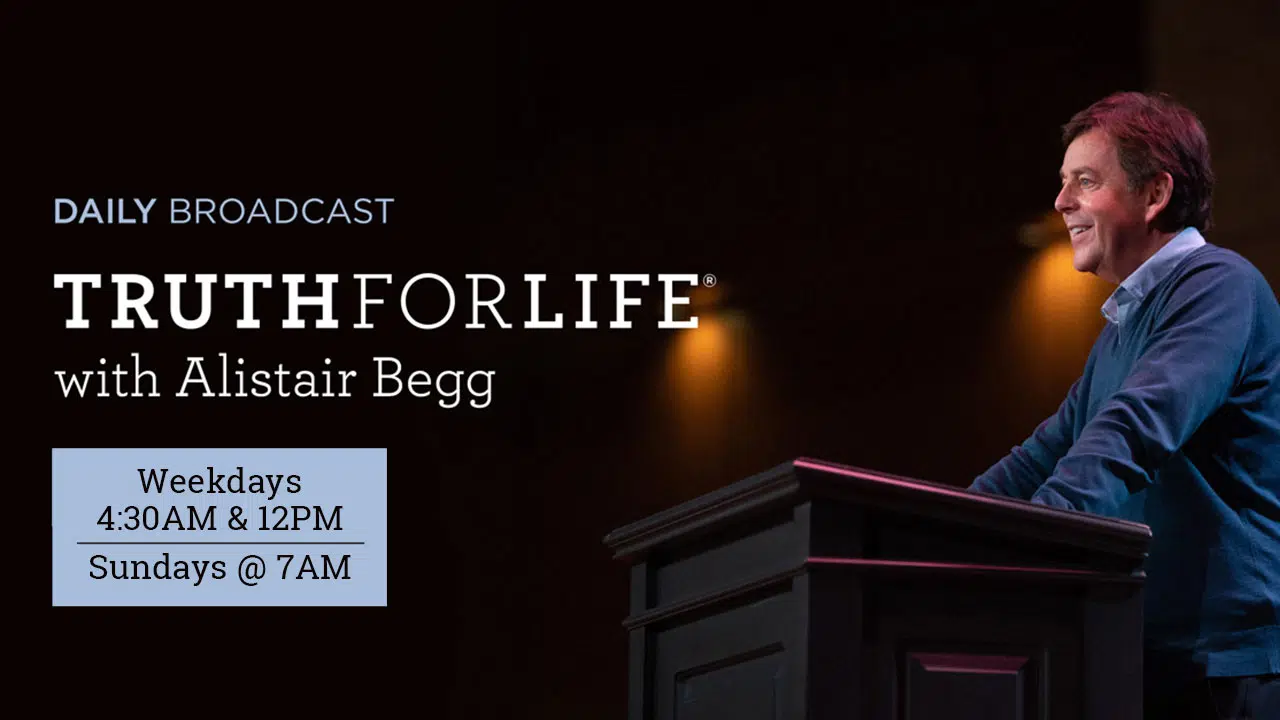For many of us, thinking about the end of our lives can feel uncomfortable or even frightening. But as followers of Jesus, we are called to live not in fear, but in wisdom and hope. We know that this world is not our final home—that eternal life with Christ awaits us (Philippians 3:20). With that assurance, we are free to prepare for our earthly departure in a way that reflects both our faith and our love for the people God has placed in our lives.
End-of-life planning is more than legal documents and financial accounts—it’s a sacred opportunity to leave a legacy that blesses your family, honors your values, and ultimately points to Jesus. In this blog, we’ll walk through a comprehensive Christian approach to planning for the end of life, blending spiritual insight with practical steps.
Start with the Eternal: Define Your Spiritual Legacy
As Christians, the most important thing we can leave behind isn’t wealth or property—it’s a legacy of faith.
When the Apostle Paul was nearing the end of his life, he wrote, “I have fought the good fight, I have finished the race, I have kept the faith” (2 Timothy 4:7). That’s the goal—not just to finish life, but to finish it faithfully.
Take time to reflect on what spiritual truths have shaped your life. What would you want your children, grandchildren, or friends to remember about your walk with God? What Scriptures have anchored you? What prayers do you want to keep praying over your family, even after you’re gone?
Practical ways to preserve your spiritual legacy:
- Write letters to your loved ones with words of blessing, Scripture, or testimony.
- Record a video sharing your story of faith, including how you came to know Christ.
- Create a “legacy journal” filled with prayers, favorite Bible verses, and life lessons.
- Choose a Scripture or life verse for each child or grandchild.
When you take the time to do this, you’re not just preparing for death—you’re sowing seeds that can bear eternal fruit.
Talk About It: Have the Conversations That Matter
One of the most loving and responsible things you can do is to talk openly about your wishes with your loved ones. These conversations can prevent confusion, reduce stress, and provide clarity during emotionally challenging times.
It may feel awkward at first, but approaching it with gentleness and faith can make all the difference. You can start with something like:
“Because I love you, I want to make sure I’ve done everything I can to make things easier for you when that time comes. Can we talk about it together?”
Key topics to discuss:
- Your desires for end-of-life medical care (life support, hospice, etc.)
- Your wishes for funeral or memorial services (Scripture, songs, burial or cremation)
- Who you want to handle your affairs (executors, medical decisions)
- Any preferences for legacy giving or donations
Proverbs 15:22 says, “Plans fail for lack of counsel, but with many advisers they succeed.” These conversations are a way to seek counsel and build unity within your family.
Stewardship Matters: Organize the Practical Details
Planning for your end of life is an act of stewardship. It’s about managing well what God has entrusted to you—your finances, possessions, relationships, and responsibilities—so that you can bless others even after you’re gone.
Here are the practical documents and plans every Christian should have in place:
A. A Will or Living Trust
A will is a legal document that details how your assets should be distributed after your death. Without one, your state decides for you, which can cause confusion or hardship. A living trust offers more control and can help avoid probate, depending on your situation.
B. Durable Power of Attorney
This document allows a trusted person to make financial decisions on your behalf if you become incapacitated.
C. Advance Healthcare Directive (Living Will)
This outlines your medical preferences—such as life support, resuscitation, and organ donation—and appoints someone to make medical decisions if you’re unable to speak for yourself.
D. Life Insurance
A policy can help provide financial stability for your family, cover funeral costs, and leave a legacy of provision.
E. Password and Account Information
Keep a list (digital or physical) of all important accounts—banking, social media, utilities, email—and their access information. Store it securely and let someone know where it is.
F. Funeral or Memorial Instructions
Write down your preferences for songs, Scriptures, speakers, and the tone you’d like your service to have. Many Christians choose to have their service reflect the hope of the resurrection and the celebration of eternal life.
Doing this planning now saves your family from unnecessary stress and gives them space to grieve and remember in peace.
Reconcile Relationships: Make Peace While You Can
One of the most painful regrets people express at the end of life is unresolved conflict. As Christians, we are called to be peacemakers (Matthew 5:9) and to forgive as Christ forgave us (Colossians 3:13).
If there are broken relationships in your life, don’t wait. Initiate the conversation. Seek reconciliation. Express love. Ask for or extend forgiveness. You don’t have to resolve everything perfectly, but you can leave knowing you did what you could to make peace.
Similarly, speak words of blessing to the people around you. Tell your children you’re proud of them. Thank your spouse. Share how God has used others to shape your life. These words will be remembered long after you’re gone.
Live with Eternity in Mind
Planning for death should ultimately change the way we live. The Bible reminds us, “Teach us to number our days, that we may gain a heart of wisdom” (Psalm 90:12). When we understand that our time is limited, we stop living for temporary things and start investing in eternal ones.
Ask yourself:
- Am I spending time on what matters most?
- Do the people around me know how deeply they’re loved?
- Am I living today in a way that reflects my hope in Christ?
Jesus told His followers to be ready—not afraid, but prepared (Matthew 24:44). This is part of our witness to the world. In a culture that avoids the topic of death, we can shine by living and dying with peace, hope, and purpose.
Bless the Next Generation
A well-prepared end of life can become a powerful testimony. When your family sees how you prepared, prayed, and planned with love, it leaves an imprint. It shows them how to face their own mortality with courage and faith. It teaches them that death is not the end—it’s the doorway into God’s eternal promises.
If you are a parent or grandparent, your plans now can become a model for your children. Include them in the process. Share why you’re doing it. Explain the Scriptures that give you peace. Help them see that your confidence is in Christ, not just in paperwork.
Planning with Peace, Living with Hope
As Christians, we don’t prepare for death out of fear—we prepare out of love. Love for our families. Love for God. And love for the gospel that gives us unshakable hope.
If you haven’t started this process yet, don’t be overwhelmed. Begin with one small step—write a note, schedule a conversation, talk to an advisor. Invite the Holy Spirit to guide you.
May your life and legacy reflect the words of Paul:
“For to me, to live is Christ and to die is gain” (Philippians 1:21).
PIN THIS!


